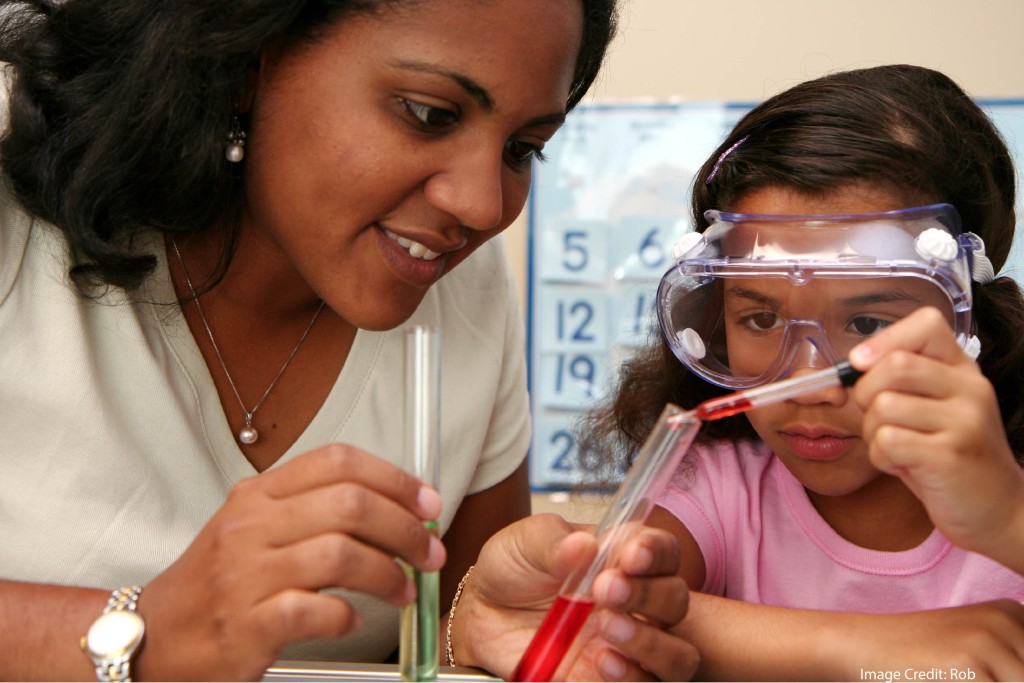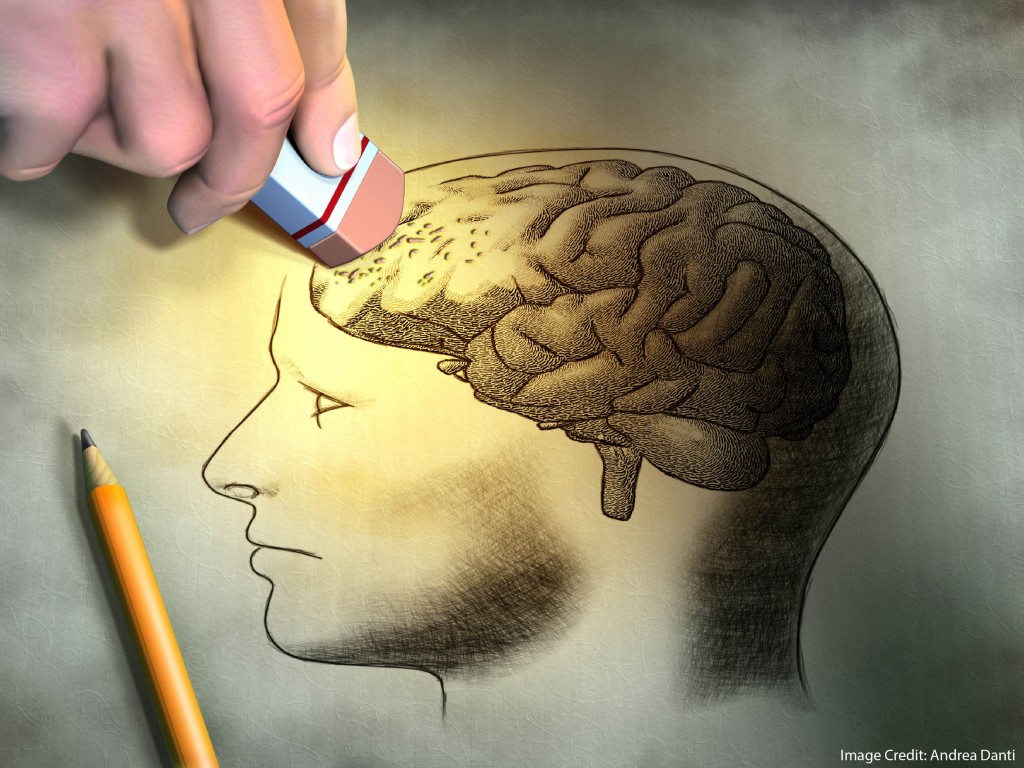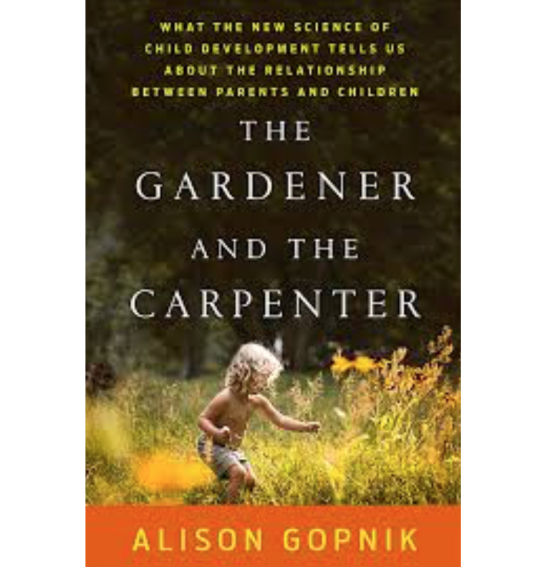In a recent interview on this blog, Dr. Pooja K. Agarwal spoke about the benefits of retrieval practice: a study technique that–in her words–focuses on pulling information OUT of students’ brains rather than getting it back IN.
For example: if I begin today’s class by having my students write down three things they remember from yesterday’s lesson on the Han dynasty, that’s retrieval practice. After all, they’re going back into their memories and drawing OUT facts and ideas we discussed.
If, however, I begin by briefly summarizing yesterday’s class, well, then I’m trying to put information back IN. That’s not retrieval practice.
Dr. Agarwal summarizes the benefits of retrieval practice thus: “it works for all students in all subjects, all the time.”
Sounds tempting, no?
Pushing Boundaries
In one part of our conversation, Dr. Aragwal notes that she likes doing research in actual classrooms with actual students–rather than in psychology labs in highly controlled conditions–because “I really like the messiness of of doing scientific research in classrooms. The fire alarms, and school assemblies, and kids who are out sick, I really enjoy it because it pushes boundaries.”
In the spirit of messiness, here’s a recent post from the Learning Scientists about using retrieval practice in elementary school to learn vocabulary.
The good news about this study:
First: it took place in a real school with real students, not in a psychology lab. That means its results are likelier to be meaningful to teachers.
Second: the participants were 9-year-olds, not college students. So, we can be more confident that retrieval practice works with…say…4th graders.
Third: the study took place in the Netherlands, so we’ve got reason to believe that the benefits go beyond a North American cultural context.
So far, so good.
Let the Messiness Begin
At the same time, this particular study revealed a few muddles as well.
Muddle #1: the size of the benefit was relatively small. Retrieval practice produced more learning than simple restudy, and more than “elaborative retrieval,” but statistically speaking that difference was harder to find than in a psychology lab.
Muddle #2: Dr. Agarwal’s research shows that fill-in-the-blank retrieval practice and multiple-choice retrieval practice are equally effective. This study, however, contradicts that finding; multiple-choice retrieval didn’t produce more learning than pure restudy.
Muddle #3: believe it or not, muddle #3 contradicts muddle #2. Because of the study design, the authors acknowledge that their own findings about multiple-choice tests aren’t fully persuasive. For example: because the average score on the multiple-choice tests was above a 90%, there wasn’t enough difference among the students’ scores to calculate meaningful effects.
What should teachers do with all this contradictory information?
My advice: Embrace the muddle.
Teachers should expect that different studies produce muddled–and occasionally contradictory–results.
No one study tells us everything we need to know about retrieval practice. Instead, we’re looking for patterns of findings.
If we do ten studies, and eight of them show that retrieval practice helps learning, that’s impressive. We don’t need to be thrown off by one study that shows no effect–or, as in this case, a relatively smaller effect than in a psych lab.
The Quiet Finding
Although the authors don’t dwell on this point, one finding jumped out at me.
In one of the restudy conditions, students were asked to “elaborate” on the meaning of the word. For example, as they tried to remember “compost pile,” they were asked to circle the words relating to a compost pile on this list: manure, plastic, delicious, orange-peels, mailbox, dead leaves.
My teacherly instincts tell me that this restudy condition ought to help students. After all, to circle the correct words, they have to think a bit harder about the meaning of the phrase “compost pile.” That additional thought strikes me as a desirable difficulty, and ought to produce more learning.
But–at least in this one study–it didn’t. Students who “elaboratively restudied” scored between the “pure restudy” group and the “retrieval practice” group–and their scores weren’t significantly different from either.
The Take-Aways…
I myself reach three conclusions based on this research:
A) Yup: retrieval practice still works, even with 4th graders, even with vocabulary learning, even in the Netherlands.
B) My instincts about elaborative restudy might be off. I should keep my eyes peeled for further research.
C) The muddle isn’t disheartening, it’s enjoyable. Jump in–the water’s warm!



















